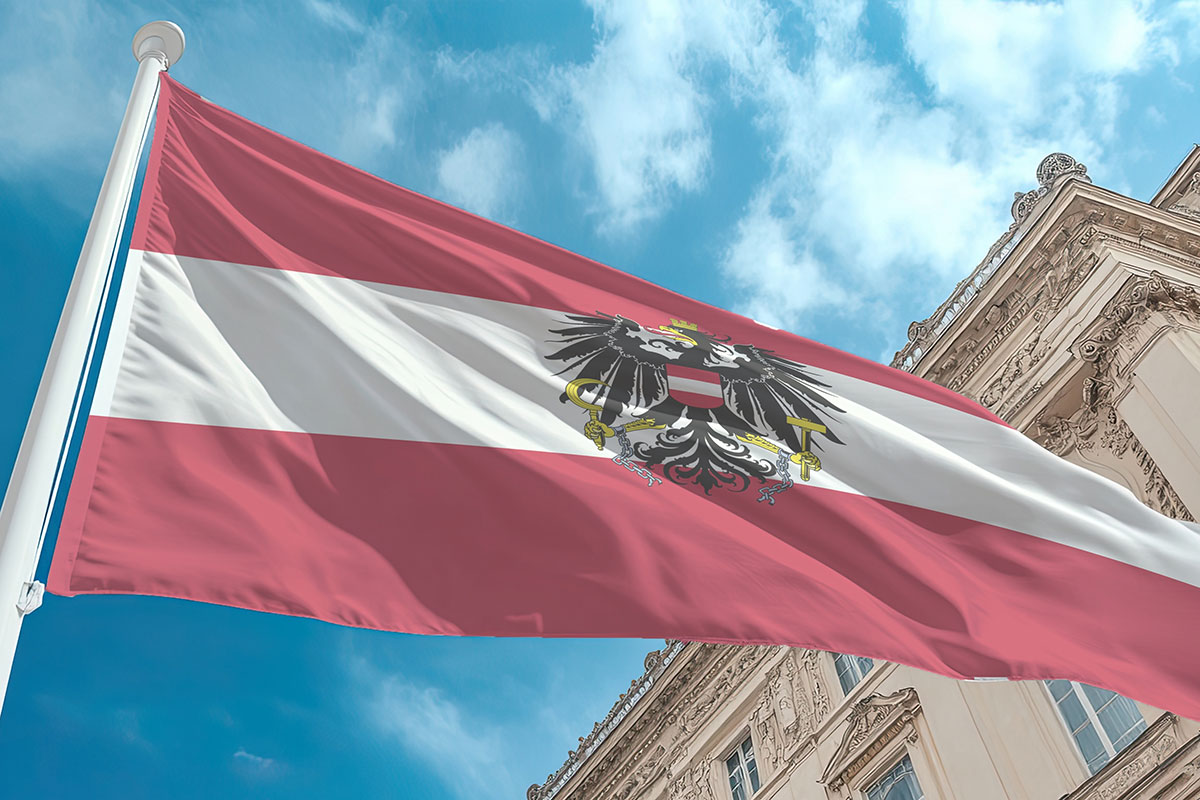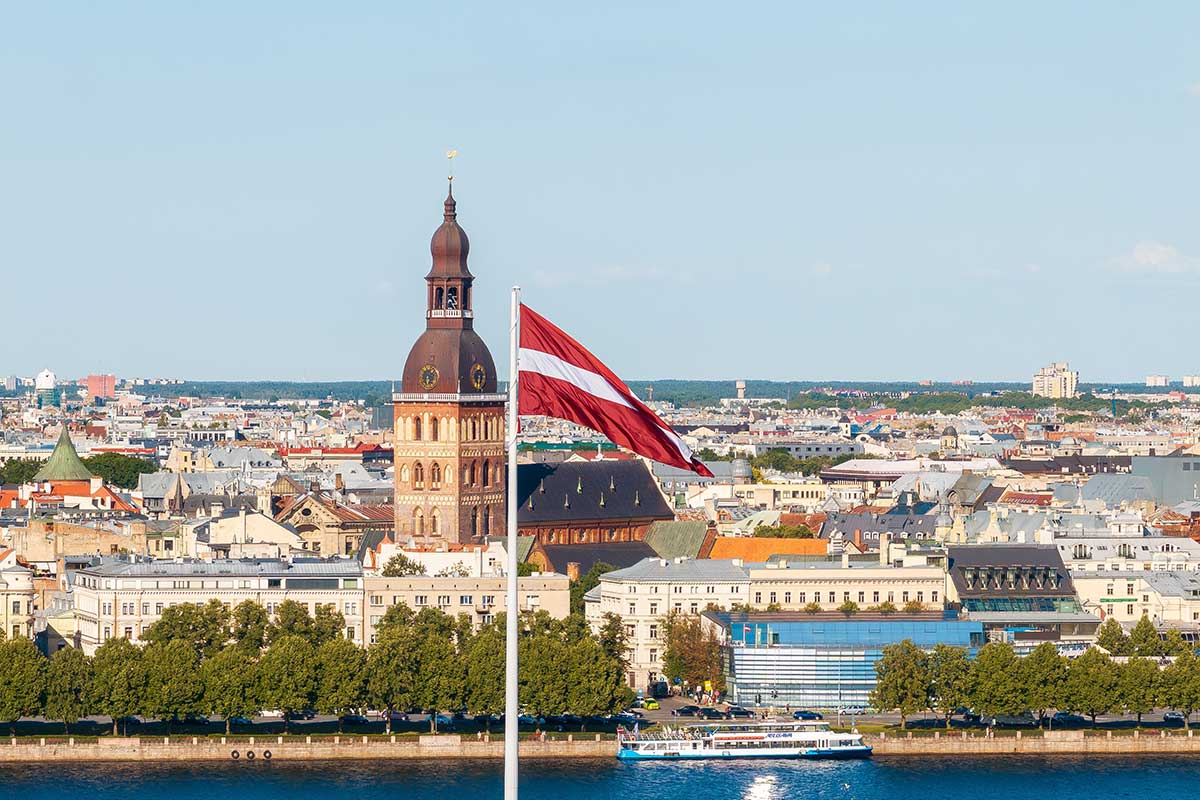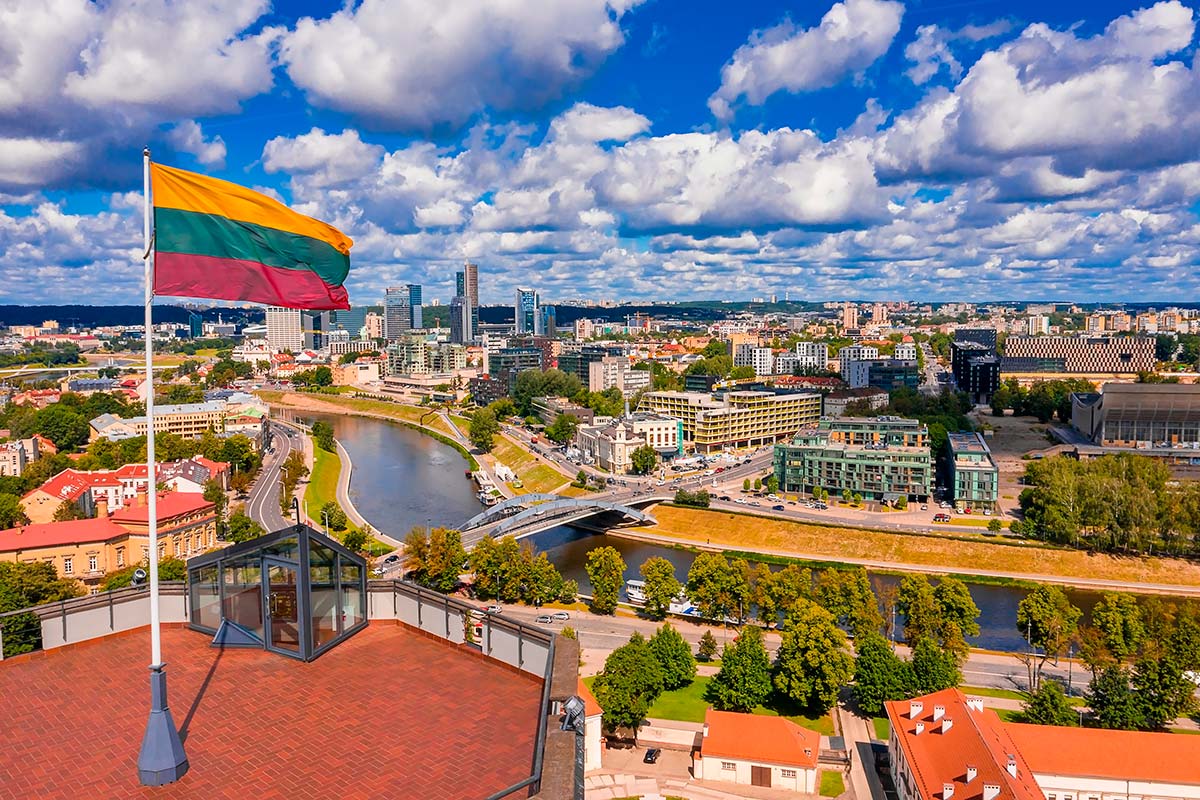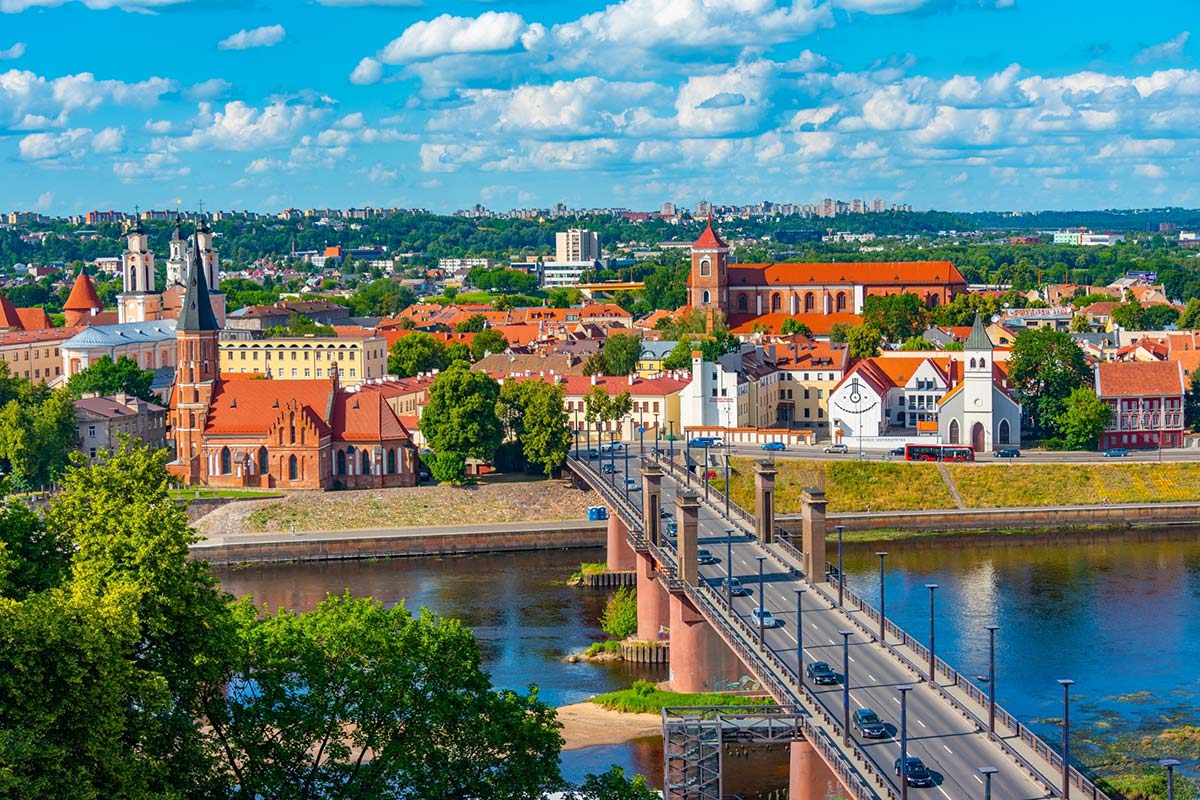Content
EU citizenship is an official legal status confirmed by holding a passport from one of the 27 member states of the European Union. According to Directive 2004/38/EC, all EU citizens enjoy equal rights related to freedom of movement, residence, employment, democratic participation, and other benefits. In general terms, this means that residents of countries such as Poland, Italy, or Bulgaria — although holding different national identity documents — are also considered EU passport holders.
European Union citizenship can be obtained through naturalization (based on employment, family reunification, business activities, etc.) or via a simplified program, which is the most accessible and fastest route to securing an EU passport — with processing times starting from just 1 year. The standard naturalization process, depending on the country, usually requires a minimum of 5 years of residence.
To determine the most suitable path to obtaining EU citizenship, it is recommended to consult with immigration professionals.
Advantages of an EU Passport
One of the key benefits of holding citizenship in a European country is the freedom of movement and residence within the European Union, which comprises 27 member states. Additional advantages include:
- Visa-free travel — depending on the issuing country, an EU passport allows entry to over 170 destinations without the need for a visa;
- Access to healthcare — with a European Health Insurance Card (EHIC), citizens can receive free or subsidized medical services in all EU countries;
- Affordable or free education — EU citizenship grants access to privileged education opportunities, including tuition-free or reduced-cost programs at universities that consistently rank among the best globally;
- Work and business opportunities — citizens can seek employment, start a business, or launch a startup anywhere within the EU without the need for special permits.
EU citizenship grants a status with no expiration date. With an EU passport, there is no need to apply for work visas, residence permits, or permanent residency.
How to Obtain EU Citizenship
The process of acquiring European Union citizenship is governed by the European Convention on Nationality and the national laws of individual member states. As a result, the requirements — particularly regarding mandatory periods of residence — may vary from country to country. Most foreign nationals obtain permanent residence and then citizenship through naturalization, based on employment, family reunification, entrepreneurship, or other grounds. Some countries offer fast-track citizenship programs, allowing applicants to legalize their status in as little as one year.
Regardless of the chosen pathway, it is essential to thoroughly understand the legal framework and procedural details to avoid mistakes and potential rejections. To ensure a smooth and successful process, it is advisable to seek professional legal assistance for support at every stage of acquiring a second passport.
Citizenship by Birth
Children born to at least one parent who is a citizen of an EU country are generally entitled to citizenship by birth. Depending on the laws of the specific country, this status may be granted automatically or upon request, accompanied by the necessary documentation. In some cases, foreign nationals who acquire an EU passport must reside in the country for a certain period before their children become eligible. Adopted children can also acquire citizenship if the adoptive parent is an EU citizen, provided a birth certificate or similar proof of parentage is submitted.
The principle of jus soli (citizenship by birth on a country’s territory) is not widely practiced in Europe. However, Portugal offers a relatively quick path to citizenship for children born on its soil, provided that one parent has been legally residing in the country for at least one year and is not serving a foreign government. Citizenship in such cases must be requested through an official application.
Citizenship by Repatriation
One of the simplest ways to obtain EU citizenship is through repatriation — a process that restores citizenship to individuals or their descendants who lost ties to their homeland due to historical or political reasons. Not all EU countries offer this route, but it is available in several states such as Germany and Austria. Spain currently provides this option under the Law of Democratic Memory until October 2025. Other countries with active repatriation programs include Poland, Romania, and Bulgaria.
Repatriation is one of the fastest methods to obtain EU citizenship. The key requirement is to provide evidence of ethnic or territorial ties to the country.
Immigration experts can assist in identifying the most suitable pathway, compiling the necessary documentation, and even locating supporting materials in historical archives. A tailored approach and in-depth knowledge of current laws significantly increase the chances of success in acquiring a European passport.
Citizenship by Naturalization
One of the main requirements for obtaining EU citizenship through naturalization is continuous and legal residence in a particular country for a specified period. This period, as well as the maximum allowable duration of absences from the country, varies depending on national migration laws. On average, naturalization takes at least 5 years. In cases of marriage to a permanent resident, the required period may be reduced to 3 years. The main grounds for naturalization include:
- Education.
Enrolling in a European educational institution entitles applicants to a residence permit for a period of at least one year, with the option to extend it for the full duration of the studies. Applicants must generally prove they have sufficient financial means or sponsorship to support themselves abroad and must hold valid health insurance. After completing their studies, graduates can stay for at least 9 months to seek employment. If successful, they can obtain a residence permit based on employment or business activity — leading to permanent residency and eventually citizenship. - EU Blue Card.
Highly skilled professionals can apply for the EU Blue Card, which grants the right to work and reside in an EU country. To qualify, applicants must provide proof of higher education or 5+ years of professional experience, along with a job offer with a salary at least 1.5 times the national average. The card is usually issued for up to 4 years and can be renewed. After 5 years of residence in the EU (with time spent in different EU countries counted together), the individual may apply for long-term resident status, followed by naturalization. - Employment.
Third-country nationals must obtain a work permit, which requires a job contract offering at least the national minimum wage. Applications can be submitted by the applicant or the employer. In most EU countries, employers must first confirm that no suitable EU candidate is available for the position. Residence permits are typically granted for at least 1 year and may be extended. After 5 years of residence, foreign workers may apply for citizenship. - Investment.
Currently, EU countries do not offer direct citizenship-by-investment programs. However, residency can be obtained through significant financial contributions to the local economy. Investment thresholds vary — for example, starting at €128,000 in Bulgaria — and applicants must verify the source of funds. Residence permits are generally issued for 1 year, renewable. Permanent residence may be granted in 3 to 5 years, after which citizenship can be pursued. - Family Reunification.
Foreign nationals legally residing in an EU country can usually sponsor close relatives for residency through family reunification. Residence permits are issued for the same duration as the sponsor’s authorization. Eligible relatives include spouses, partners, underage children, and sometimes dependent family members. Applicants must demonstrate suitable housing, adequate income, and valid health insurance. In countries like Germany, language proficiency may be required to obtain permanent residence. - Financially Independent Individuals.
Applicants with a stable source of income may be eligible for a residence permit that does not grant the right to work or conduct business. This type of permit is typically issued for 1 year and can be renewed. The required income level varies by country but generally must meet or exceed the national minimum wage. - Marriage.
Spouses or partners of EU citizens or permanent residents are often eligible for an accelerated naturalization process. The required period of residence is reduced in such cases. For example, Polish citizenship can be obtained after just 2 years of residence based on permanent status, provided the marriage has lasted at least 3 years.
Each country sets its own legal requirements for status legalization.
Regardless of the pathway, applicants must prepare a comprehensive application package, meet all deadlines, and renew permits on time. Immigration professionals can offer tailored solutions and provide full support at every stage, up to the acquisition of citizenship.
Countries Where You Can Easily and Quickly Obtain EU Citizenship
Although passports of EU countries grant the same rights and benefits to all holders, the timeframes, financial costs, and eligibility requirements for obtaining citizenship vary significantly from one state to another. Each European country follows its own immigration policy regarding the naturalization of foreign nationals.
Below is an overview of the current conditions and legal features in selected EU countries where obtaining citizenship is considered easier and faster.
Romania
The process of obtaining EU citizenship in Romania through naturalization typically takes at least 8 years. This period can be reduced to 4 years for those who invest €1,000,000 or more in the country’s economy. In addition to holding a valid permanent residence permit, applicants must demonstrate Romanian language proficiency and a clean criminal record.
A faster alternative to citizenship — without applying for a residence permit or passing a language test — is Romania’s simplified citizenship program. With professional assistance from immigration specialists, it is possible to acquire EU citizenship in as little as 1 year by compiling a well-prepared application and meeting all submission deadlines.
Experienced immigration lawyers stay up to date with all relevant legal changes, which allows them to help clients secure EU passports in the shortest possible time.
Bulgaria
Bulgaria also offers a simplified route to an EU passport. With the help of seasoned professionals, the status can be legalized in as little as 1 year, compared to the standard 10-year naturalization process. Foreign nationals who invest at least €307,000 in the national economy — or hold 50% or more of a Bulgarian company — may obtain citizenship in 5 years.
The traditional path to naturalization often requires significant financial resources for visas, residence permits, and living expenses. During a consultation, immigration lawyers will help determine the best basis for relocation depending on your personal circumstances. This eliminates the need to reside in the country beforehand or to study the language extensively.
Spain
In Spain, permanent residence can be obtained after 5 years of legal residence, followed by citizenship through naturalization after another 5 years. The country also operates the Visado de Inversor (Investor Visa) program, which grants an initial 1-year visa, followed by a 3-year residence permit for those investing €1,000,000 or purchasing real estate worth at least €500,000 per applicant. The residence permit is renewable as long as the original conditions are maintained. Citizenship becomes available after 10 years of legal residence.
One notable advantage of moving to Spain is the option to apply for a residence permit based on language courses — regardless of their type or content. This can serve as a pathway to permanent residency and, eventually, citizenship under the standard 10-year naturalization rule.

How to Become a Citizen of the European Union: Available Options
The procedure for acquiring EU citizenship depends on the legal basis and the migration policy of each individual country. The fastest way to obtain an EU passport is through a simplified program. This process can take as little as one year. In some cases, it is possible to submit the application online or through a consulate. An interview is usually one of the required steps. Dual citizenship is often allowed.
It is also possible to obtain an EU passport through investment, although there is no direct option to purchase citizenship. First, the applicant must obtain a residence permit by investing in assets, real estate, government bonds, or other eligible options. To receive a residence permit, it is necessary to confirm the legality of the funds and provide a clean criminal record. Citizenship can then be requested later via naturalization.
The standard naturalization procedure consists of the following stages:
- Obtaining a type D long-stay visa.
The application is submitted to the consulate of the chosen EU country in the applicant’s current country of residence. In most cases, an online form must be completed, and an appointment scheduled. The list of required documents depends on the grounds for immigration (business, employment, study, etc.), and the fees vary by country. - Obtaining a residence permit.
Based on the visa, the applicant must apply for a temporary residence permit, usually issued for at least one year with the possibility of renewal as long as the grounds for stay remain valid. - Obtaining permanent residency.
Permanent resident status is granted after holding a valid residence permit and residing legally in the country — generally after 5 years (although this may vary by country). Applicants must usually provide proof of accommodation, health insurance, income, and a clean criminal record. - Acquiring citizenship.
After 5 to 8 years of legal residence in an EU country, an applicant may request citizenship. This requires proof of integration into society — usually knowledge of the language, culture, and history. After taking the citizenship oath, the applicant receives a certificate, which is used to apply for an EU passport.
Immigration to another country is a complex process that requires specific legal knowledge and strict adherence to submission deadlines. It is important to not only choose the right relocation destination but also the appropriate legal ground, each of which involves a different set of documents and timelines for legalizing status.
Required Documents
To obtain a European passport, applicants must compile a document package, the contents of which vary depending not only on the grounds for immigration but also on the specific country. However, the following standard documents are typically required in most cases:
- Personal identification (original national passport issued by your country of origin);
- Proof of good conduct (tax clearance certificates, police records, etc.);
- A valid residence permit confirming compliance with the required period of stay or documents proving affiliation with the country;
- Receipt for payment of the administrative fee.
If children are included in the application, their birth certificates must be submitted, along with the consent of the second parent if the request is submitted by only one of them. The competent authorities reviewing the case may request additional documents, which may increase the processing time. To avoid refusal or the need to amend the application, it is advisable to work with professionals who can provide full support at every stage of the immigration process.

What You Need to Know About Obtaining European Citizenship
Dual citizenship in Europe — and globally — is permitted only when a relevant bilateral agreement exists between the countries involved. Otherwise, even if you hold two passports, each country will recognize your rights and obligations solely according to its own laws. For example, when applying for Swedish citizenship, you are not required to renounce your previous nationality if dual citizenship is allowed in your country of origin. However, if there is no agreement between the countries, only one passport may be recognized abroad — and you may be ineligible for consular assistance while outside of Sweden.
In the Netherlands, as well as in several other countries (including Bulgaria, Estonia, and others), dual citizenship is prohibited except in rare cases. Acquiring a second nationality automatically leads to the annulment of your original citizenship, regardless of your current country of residence. Dutch law requires applicants for naturalization to officially renounce their previous nationality.
Some countries also require notification of new citizenship status. For example, in the Republic of Lithuania, individuals must inform authorities within 2 months of acquiring another nationality by submitting an application to the consulate. The notification must include an identity document and the certificate confirming the new citizenship.
It is important to note that providing false or outdated information can lead not only to the rejection of your application but also to further consequences such as bans on entry into the EU or even deportation. Document preparation and interview readiness (if required) are critical stages that should be handled with care — preferably under the guidance of experienced immigration professionals.
The cost and processing time for obtaining European Union citizenship depend on both the specific country and the grounds for your application. You must consider not only administrative fees, translation and documentation expenses, and legal support, but also living costs, as standard naturalization typically requires 5–8 years of legal residence. Working with immigration experts is the most reliable way to secure EU citizenship in an optimal timeframe. Legal guidance helps avoid errors and rejections, saving both time and money.







